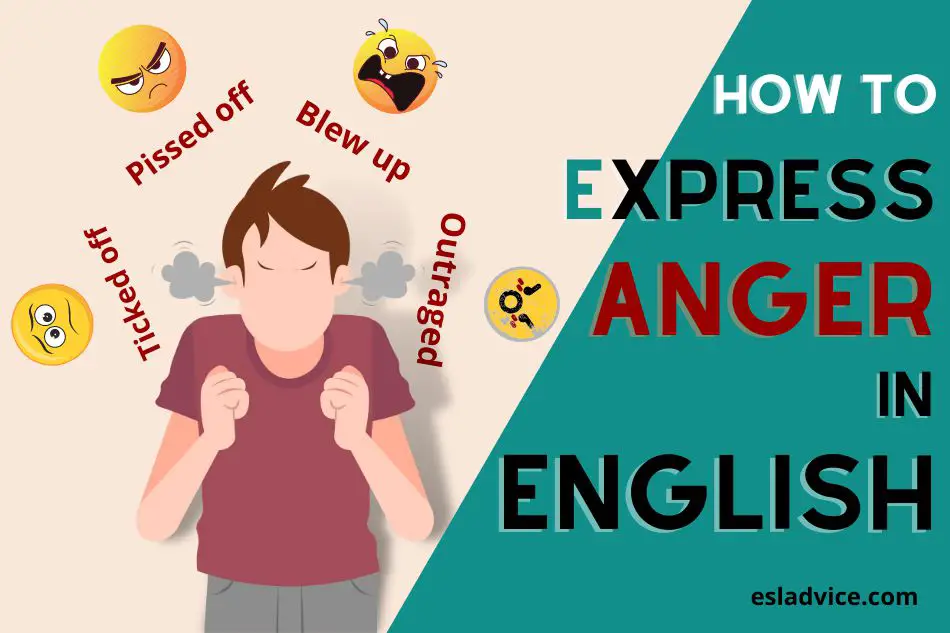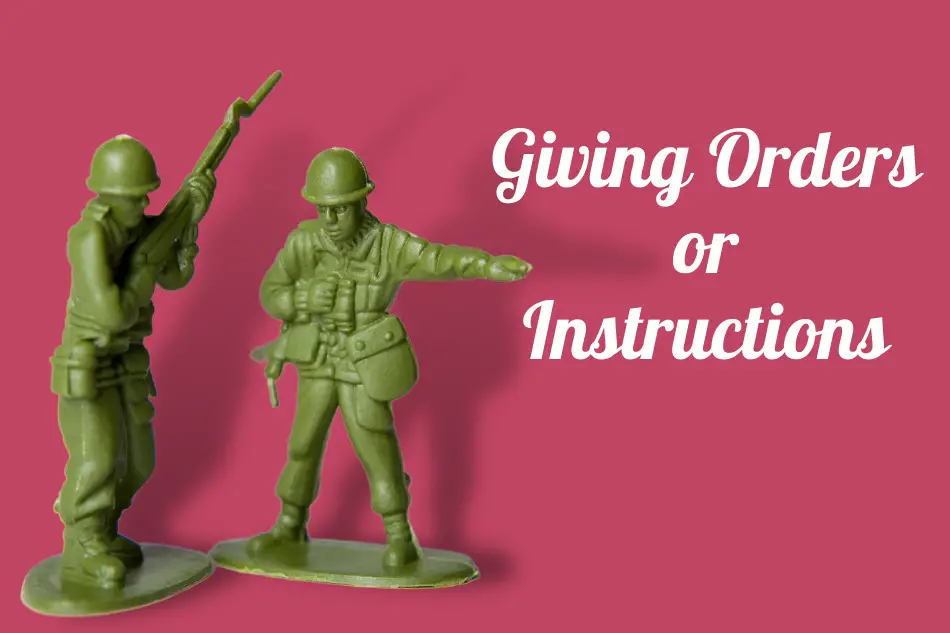How to Ask Someone for a Job Opportunity in English
Knowing how to ask for a job opportunity is the key to finding your desired job. You can either ask the employers through spoken words or written inquiries to find vacant positions. However, many of you, especially fresh graduates, may face difficulties asking someone for a job opportunity in English.
Well! Let us try finding the answer to the question, “How to Ask Someone for a Job Opportunity in English?”
“Do you have any openings in your company?” is the most common expression that you can use to ask someone for a job opportunity. Politely ask different employers from your real and virtual network, your friends, relatives, or counselors at job fairs for a job opportunity either over the phone, in person, or in written form.










